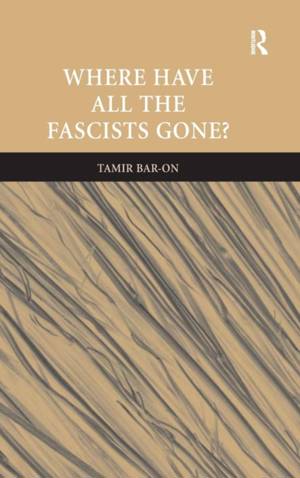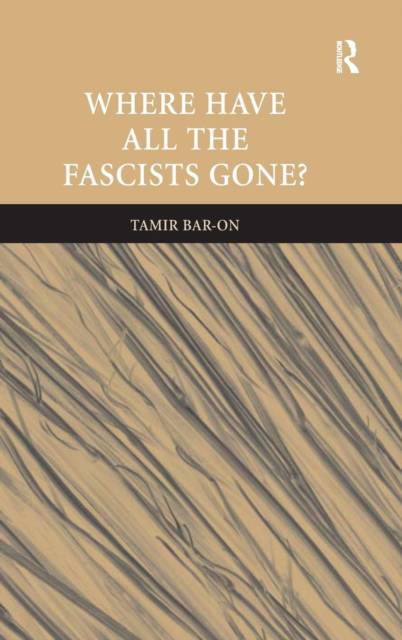
Je cadeautjes zeker op tijd in huis hebben voor de feestdagen? Kom langs in onze winkels en vind het perfecte geschenk!
- Afhalen na 1 uur in een winkel met voorraad
- Gratis thuislevering in België vanaf € 30
- Ruim aanbod met 7 miljoen producten
Je cadeautjes zeker op tijd in huis hebben voor de feestdagen? Kom langs in onze winkels en vind het perfecte geschenk!
- Afhalen na 1 uur in een winkel met voorraad
- Gratis thuislevering in België vanaf € 30
- Ruim aanbod met 7 miljoen producten
Zoeken
Omschrijving
The Intellectual European New Right (ENR), also known as the nouvelle droite, is a cultural school of thought with origins in the revolutionary Right and neo-fascist milieux. Born in France in 1968, it situated itself in a Gramscian mould exclusively on the cultural terrain of political contestation in order to challenge the apparent ideological hegemony of dominant liberal and leftist elites. It also sought to escape the ghetto status of a revolutionary Right milieu wedded to violent extra-parliamentary politics and battered by the legacies of Fascism and Nazism. This study traces the cultural, philosophical, political and historical trajectories of the French nouvelle droite in particular and the ENR in general. It examines the ENR worldview as an ambiguous synthesis of the ideals of the revolutionary Right and New Left. ENR themes related to the loss of cultural identity and immigration have appealed to anti-immigrant political parties throughout Europe. In a post 9/11 climate, as well as an age of rising economic globalization and cultural homogenization, its anti-capitalist ideas embedded within the framework of cultural preservation might make further political inroads into the Europe of the future.
Specificaties
Betrokkenen
- Auteur(s):
- Uitgeverij:
Inhoud
- Aantal bladzijden:
- 252
- Taal:
- Engels
Eigenschappen
- Productcode (EAN):
- 9780754671541
- Verschijningsdatum:
- 7/08/2007
- Uitvoering:
- Hardcover
- Formaat:
- Genaaid
- Afmetingen:
- 156 mm x 234 mm
- Gewicht:
- 530 g

Alleen bij Standaard Boekhandel
+ 641 punten op je klantenkaart van Standaard Boekhandel
Beoordelingen
We publiceren alleen reviews die voldoen aan de voorwaarden voor reviews. Bekijk onze voorwaarden voor reviews.









